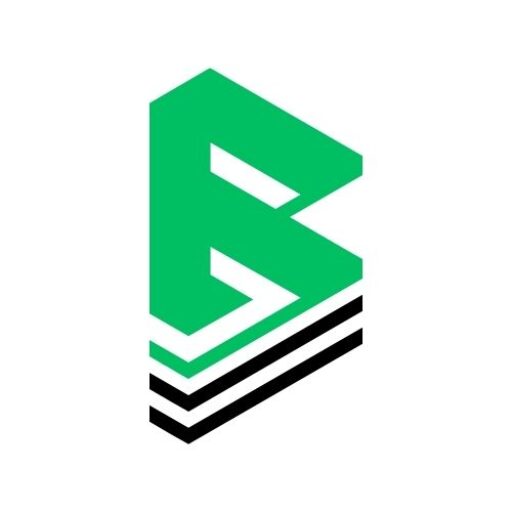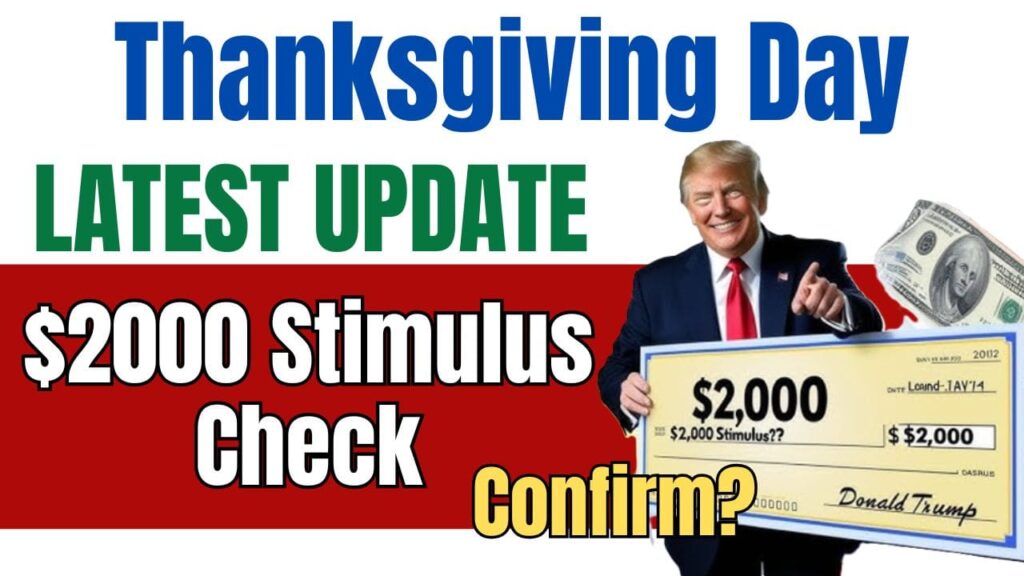Thanksgiving Day: $2000 Stimulus Check Update – : Senior citizens who qualify for financial aid are expected to receive a $2,000 Thanksgiving Stimulus Check in 2024 from the United States government. The primary aim of these $2,000 Thanksgiving Stimulus Checks is to provide support to individuals facing economic hardships. To be eligible for the $2,000 Thanksgiving Stimulus Check in 2024, applicants must meet specific criteria. The amount of monthly stimulus payments will differ by state, with benefits for eligible residents reaching up to $475 in Colorado, up to $1,200 in California, and up to $2,000 in Arizona.
The recent electoral outcome, in which Donald Trump triumphed over Kamala Harris to reclaim the presidency, has sparked numerous speculations regarding potential government stimulus checks as the Christmas season approaches. Various reports suggest that these stimulus payments could reach as high as $2,000 for U.S. residents. This information has been widely circulated, particularly on social media platforms, leading to extensive discussions and inquiries about its authenticity. As of now, the administration of President Joe Biden has not issued any statements regarding these proposed stimulus checks, nor has the president-elect addressed this issue during his campaign or following the elections.
Current scenario regarding this Thanksgiving Day: $2000 Stimulus Check
In the current context, the proposed $2,000 stimulus payment has not been validated by the federal government, as there has been no official communication from President Biden or the incoming president of the United States. The Internal Revenue Service (IRS) has stated on its website that no further payments will be made in addition to the existing Covid-19 relief checks. The IRS has completed the distribution of the first, second, and third Economic Impact Payments, and the Get My Payment application is no longer available for tracking payment statuses.
Most individuals eligible for these payments have already received them. The speculation regarding this payment appears to stem from the heightened concern among U.S. citizens about economic issues, with nearly one-third of voters expressing this sentiment. The Republican candidate, Donald Trump, who won the election, claimed he would address inflation within a week of assuming office, a statement that many consider unrealistic.
It is noteworthy that the initial stimulus checks were distributed during Trump’s first term in response to the Covid-19 pandemic. The announcement regarding the payment date for the $2,000 stimulus check in 2024 is still pending, and individuals are encouraged to refer to the IRS website for accurate updates.
The potential for $2,000 Thanksgiving Stimulus Checks in 2024 remains a topic requiring further examination. This narrative is largely based on conjecture surrounding the 2024 stimulus checks. The official IRS website, www.irs.gov, will provide updates on any policy changes. Additionally, it is crucial for the public to stay informed about the anticipated $200 increase in direct checks from the Social Security Administration (SSA) in 2024, which is expected to be implemented shortly.
Eligibility criteria:
To qualify for the $2000 Thanksgiving Stimulus Check in 2024, individuals must possess either legal permanent residency or U.S. citizenship.
- A single head of household is eligible if their adjusted gross income (AGI) does not exceed $112,500.
- Married couples filing jointly must have an AGI that is no greater than $150,000 to qualify.
- Single individuals applying independently must have an AGI of at least $75,000.
- The eligibility criteria include an age requirement, allowing individuals aged 65 and older to receive the stimulus check.
- All family members seeking eligibility must possess valid Social Security numbers, irrespective of their age or dependency status.
- The program aims to provide financial assistance to qualifying individuals and families during the Thanksgiving period.
- The income thresholds are designed to target support towards those with lower to moderate incomes.
- The requirement for Social Security numbers ensures that all recipients are accounted for within the system.
- This initiative reflects a broader effort to alleviate financial burdens during the holiday season.
How to claim this $2000 stimulus?
- Individuals interested in receiving the $2000 Thanksgiving Stimulus Check Payment for 2024 should familiarize themselves with the reimbursement process for their tax returns, particularly if they have consistently filed their taxes.
- Access the necessary form through the official IRS website at www.irs.gov.
- Select the appropriate online form and input your personal information accurately.
- Complete the web form thoroughly and ensure that all required scanned documents are attached.
- Submit the filled-out form, after which an IRS representative will reach out to you for further communication regarding your application.
$2000 Thanksgiving Stimulus Check Payment 2024: Fact Verification
The Internal Revenue Service (IRS) has not verified the issuance of a $2000 Thanksgiving stimulus check. Legally, a significant number of low-income individuals are awaiting the forthcoming round of stimulus payments. To qualify for the stimulus check, individuals must meet the criteria established by the IRS, which can be found on their official website. The distribution of $2000 stimulus checks will occur based on applicants’ needs without prior notification. The IRS has stated that no additional stimulus checks are being distributed.
IRS Commissioner Danny Werfel has urged the public to be cautious about the information disseminated on social media regarding financial matters and to rely solely on official communications from the agency. He noted that social media platforms can serve as a conduit for scammers and others promoting misleading ideas, including unrealistic methods to enhance tax refunds.
Werfel emphasized that there are reliable sources for tax information, such as @irsnews on social media and reputable tax professionals. He cautioned against following dubious social media accounts for tax advice, asserting that unlike practical tips for home repairs or beauty advice, individuals should not depend on fabricated methods found online to rectify their tax returns or increase their refunds.

